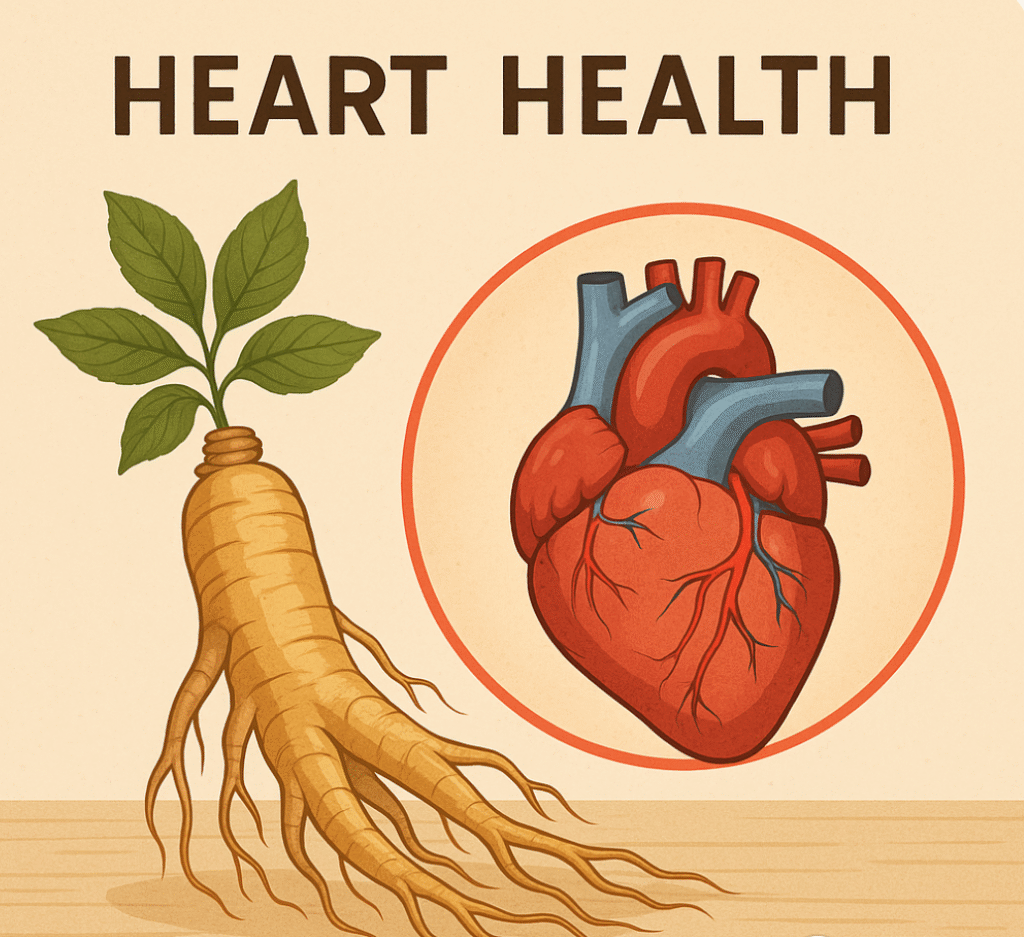The Growing Importance of Cardiovascular Wellness
Heart health is one of the most critical aspects of overall well-being, yet cardiovascular disease remains a leading cause of death worldwide. According to the World Health Organization (WHO), heart disease and stroke account for nearly one-third of global deaths each year. With modern lifestyles often defined by stress, poor diet, and sedentary habits, taking active steps to protect cardiovascular health has never been more important.
Key Risk Factors for Heart Disease
- Unhealthy Diets
Diets high in processed foods, refined sugars, and trans fats contribute significantly to plaque buildup in arteries, leading to atherosclerosis and heart attacks. - Physical Inactivity
Lack of regular exercise weakens the heart muscle and increases the risk of obesity, diabetes, and hypertension—all major contributors to heart disease. - Stress and Mental Health
Chronic stress raises blood pressure and promotes unhealthy behaviors like overeating and smoking, creating a cycle that damages cardiovascular health. - Smoking and Alcohol Consumption
Tobacco use and excessive alcohol intake both increase the risk of high blood pressure, stroke, and heart failure.
Strategies to Support Heart Health
- Balanced Nutrition
Focus on whole foods such as vegetables, fruits, whole grains, lean proteins, and healthy fats like omega-3s. A Mediterranean-style diet has been linked to reduced cardiovascular risk. - Regular Exercise
The American Heart Association recommends at least 150 minutes of moderate-intensity aerobic activity per week, along with strength training twice a week. - Stress Management
Practices like yoga, meditation, and deep breathing exercises help reduce cortisol levels and improve cardiovascular resilience. - Routine Health Screenings
Regular monitoring of blood pressure, cholesterol, and blood sugar levels enables early detection of potential problems. - Adequate Sleep
Poor sleep quality increases the likelihood of hypertension and obesity. Adults should aim for 7–9 hours of quality sleep each night.
Scientific Insights and Future Perspectives
- Research published in the Journal of the American College of Cardiology highlights that lifestyle modifications can reduce cardiovascular mortality by up to 50%.
- A large-scale Harvard study found that individuals who followed five healthy habits—maintaining a balanced diet, exercising regularly, not smoking, moderate alcohol intake, and maintaining a healthy weight—lived, on average, more than a decade longer free of cardiovascular disease.
- Innovations in telemedicine and wearable devices now allow individuals to track heart rate, sleep, and activity, empowering them to take proactive control of their heart health.
Conclusion
Protecting heart health requires a holistic approach—balancing nutrition, physical activity, emotional well-being, and medical monitoring. By making small but consistent lifestyle changes, individuals can significantly reduce their risk of cardiovascular disease and live longer, healthier lives.
🇰🇷 Premium Korean Ginseng Online Shop







